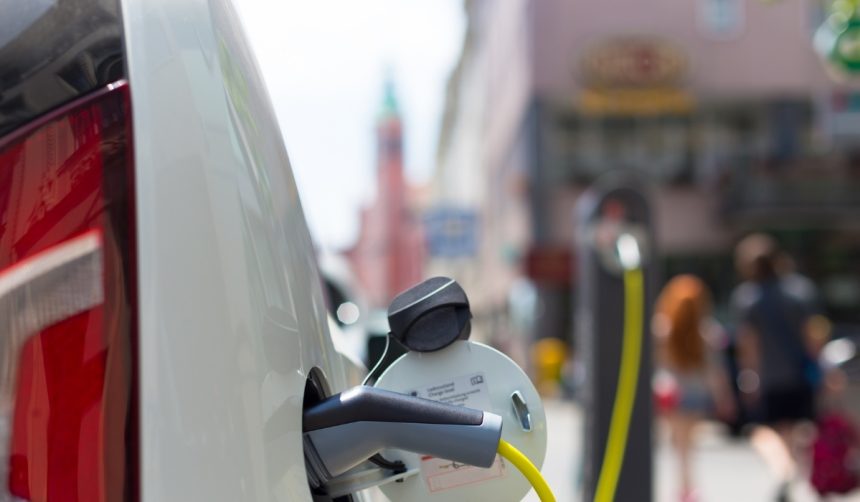The automotive industry is witnessing a significant shift as electric vehicle (EV) battery replacement costs are projected to drop below the expenses associated with repairing traditional gas engines by 2030. This development could accelerate the adoption of electric vehicles, making them more appealing to a broader range of consumers. With advancements in battery technology and reductions in material costs, the financial barrier to maintaining EVs is steadily decreasing.
Recent analyses indicate that the decline in battery prices is outpacing expectations, positioning electric vehicles as a more economical choice in the long run. As battery packs become more affordable, the overall cost of owning an EV is expected to become more competitive with that of conventional vehicles. This trend is supported by various market studies and projections from leading financial institutions.
What Are the Projected Costs for EV Battery Replacement?
According to a study by Recurrent, the cost of replacing an EV battery pack is expected to fall below $50 per kilowatt-hour (kWh) by 2030. For a typical 75 kWh battery pack, this translates to replacement costs of approximately $3,375, which is comparable to the cost of replacing a gas engine.
“By 2030, EV battery replacement will be financially viable for most consumers,”
the report highlights.
How Have Battery Prices Evolved in Recent Years?
Over the past three years, the price of EV batteries has been reduced by nearly half, a trend anticipated to continue. Goldman Sachs reported that battery prices are projected to reach $80 per kWh by 2026, a significant decrease from 2023 levels. Additionally, companies like RMI have estimated even lower prices, potentially as low as $32 per kWh.
What Factors Are Driving the Decrease in Battery Costs?
The reduction in battery costs is largely attributed to the decline in prices of essential materials such as lithium and cobalt, which account for nearly 60% of battery costs.
“Lower commodity costs are a major factor in the decreasing price of batteries,”
a Goldman Sachs report explains. Furthermore, an oversupply in the global lithium-ion battery market is expected to drive prices down further through 2028.
The anticipated decrease in battery replacement costs is poised to benefit both manufacturers and consumers. Companies can leverage these cost reductions to enhance their EV offerings and improve profitability, while consumers will find maintaining their electric vehicles more affordable. This economic shift may lead to increased EV sales and broader market penetration.
As the EV sector continues to mature, ongoing advancements and cost reductions in battery technology will play a critical role in shaping the future of transportation. Stakeholders across the industry are closely monitoring these developments, recognizing their potential to influence market dynamics and consumer preferences.
EV battery replacement costs are set to drop below gas engine repairs.
Battery price reductions are driven by lower material costs and oversupply.
Affordable maintenance could boost electric vehicle adoption.










